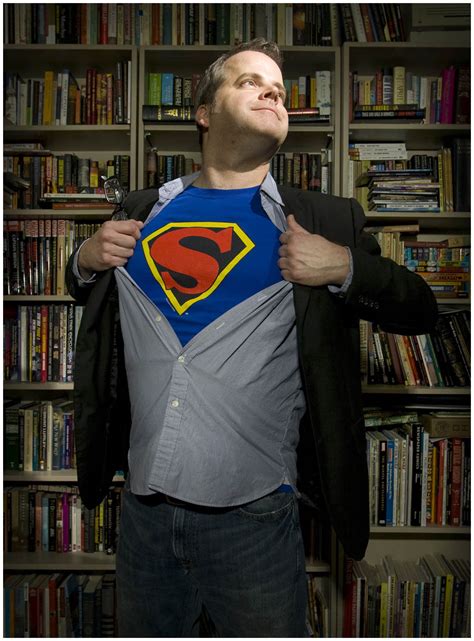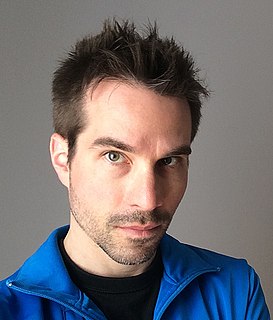A Quote by Samuel P. Huntington
The most widely discussed formulation of [the One World model] was the "end of history" thesis advanced by Francis Fukuyama. "We may be witnessing," Fukuyama argued, "the end of history as such: that is, the end point of mankind's ideological evolution and the universalization of Western liberal democracy as the final form of human government." The future will be devoted not to great exhilarating struggles over ideas but rather to resolving mundane economic and technical problems. And, he concluded rather sadly, it will all be rather boring.
Quote Topics
Advanced
Argued
Boring
Democracy
Devoted
Discussed
Economic
End
Evolution
Exhilarating
Final
Form
Francis
Future
Government
Great
History
Human
Ideas
Ideological
Liberal
Liberal Democracy
Mankind
May
Model
Most
Mundane
Over
Point
Problems
Rather
Sadly
Struggles
Technical
Thesis
Western
Widely
Will
World
Related Quotes
We all have a little weakness, which is very natural but rather misleading, for supposing that this epoch must be the end of the world because it will be the end of us. How future generations will get on without us is indeed, when we come to think of it, quite a puzzle. But I suppose they will get on somehow, and may possibly venture to revise our judgments as we have revised earlier judgments.
We talk about spreading democracy and freedom all over the world, but they are to us words rather than conditions. We haven't even got them here in America, and the farther we get into this war the farther we get away from democracy and freedom. Where is it leading us to, and when will it end? The war might stop this winter, but that is improbable. It may go on for fifty years or more. That also is improbable. The elements are too conflicting and confused to form any accurate judgment of its length. There may be a series of wars, one after another, going on indefinitely.
The secret of the world is this: the world is entirely circular and you will go round and round endlessly, never finding what you want, unless you have found what you really want inside yourself. When you follow a star you know you will never reach that star; rather it will guide you to where you want to go. Its a reference point, not an end in itself, even though you seem to be following it. So it is with the world. It will only ever lead you back to yourself. The end of all your exploring will be to cease from exploration and know the place for the first time.
Problems are hidden opportunities and constraints can actually boost creativity. If you have some crazy ideas in your mind, and that people tell you that it's impossible to make, well, that's an even better reason to want to do it, because people have a tendency to see the problems rather than the final result, whereas if you start to deal with problems as being your allies rather than your opponents, life will start to dance with you in the most amazing way.
The steep ride up the and down the energy curve is the most abnormal thing that has ever happened in human history. Most of human history is a no-growth situation. Our culture is built on growth and that phase of human history is almost over and we are not prepared for it. Our biggest problem is not the end of our resources. That will be gradual. Our biggest problem is a cultural problem. We don't know how to cope with it.
The question of whether world peace will ever be possible can only be answered by someone familiar with world history. To be familiar with world history means, however, to know human beings as they have been and always will be. There is a vast difference, which most people will never comprehend, between viewing future history as it will be and viewing it as one might like it to be. Peace is a desire, war is a fact; and history has never paid heed to human desires and ideals.






































